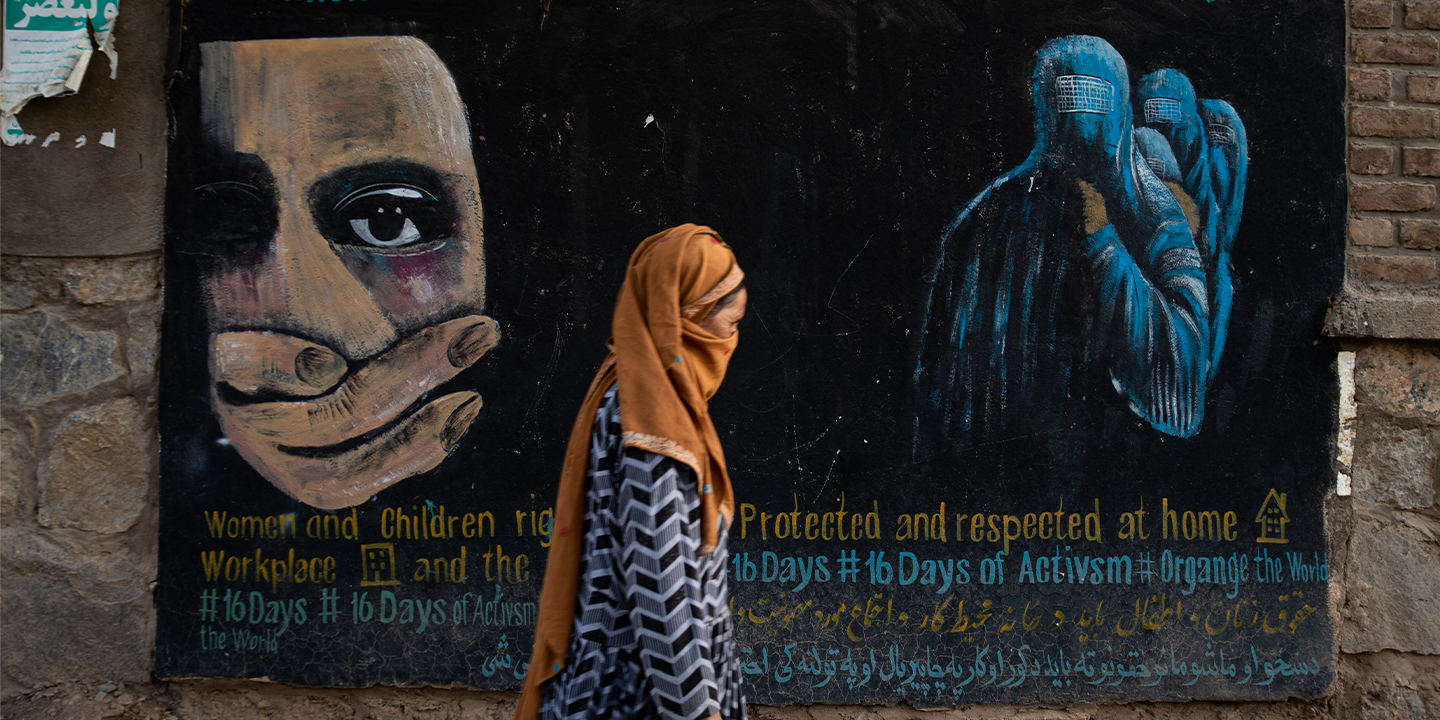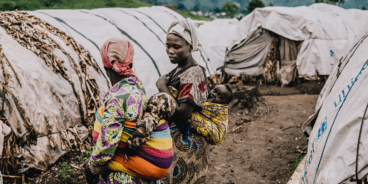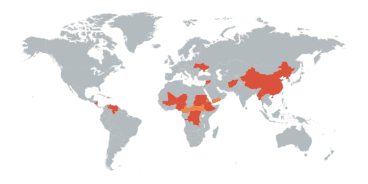

Open Letter to the Secretary General and High Commissioner for Human Rights concerning UN Security Council Resolution 2679
H.E. Mr. António Guterres Secretary-General
United Nations
New York, New York
H.E. Mr. Volker Turk High Commissioner for Human Rights
United Nations
Geneva
Excellencies,
On 16 March 2023, the Security Council adopted Resolution 2679, requesting that the Secretary General “conduct and provide” to the Security Council “an integrated, independent assessment” on a range of issues in order to “advance the objective of a secure, stable, prosperous and inclusive Afghanistan.” The assessment, according to the language of the resolution, is to include “forward-looking recommendations for an integrated and coherent approach among relevant political, humanitarian, and development actors, within and outside of the United Nations system, in order to address the current challenges faced by Afghanistan.”
We, the undersigned organizations and individuals, believe that Resolution 2679 provides a critical opportunity for the United Nations to recognize, and put at the center of its work, the multiple and overlapping human rights crises that have gripped Afghanistan since the Taliban took power on 15 August 2021. In the period since then, the Taliban has not only committed specific violations of fundamental human rights. They have systematically eroded and undermined the human rights of women and girls, imposed severe restrictions on ethnic and religious minorities and a range of other vulnerable communities, repressed individual rights to conscience and belief, carried out extrajudicial killings, torture, and forcible disappearances, decimated independent media and the public’s right to information and communication technologies, and eviscerated the independent judiciary, among other massive human rights harms. Security, development and rule of law depend on fundamental guarantees of human rights for all, without discrimination or distinction of any kind. The Taliban, far from being a partner to solving challenges, stands as a barrier to solutions specifically because of its basic and intentional opposition to the human rights principles and promises at the heart of the UN Charter.
The human rights crisis in Afghanistan is at the center of all of the present crises in the country, whether of humanitarian, security, governance, development or other challenges. As a result, we believe that the independent assessment must be conducted by those with expertise in human rights and deep knowledge of the situation in Afghanistan, and whose objectivity can be guaranteed. Moreover, we believe that the consultations required by Resolution 2679 should include not only the engagement of civil society and media professionals engaged on human rights research with respect to Afghanistan; it should also include the detailed input of the Office of the High Commissioner for Human Rights, the Special Procedures of the Human Rights Council, especially the Special Rapporteur on the situation of human rights in Afghanistan, victims of Taliban violations, and the former officials of the Afghanistan Independent Human Rights Commission. The consultation must also highlight the importance of transitional justice, victims’ voices and reparations for the victims, and accountability of perpetrators of human rights violations and international crimes, especially but not limited to gender-based persecution, violence and gender apartheid, that were and continue to be imposed by the regime.
We look forward to working with you to ensure that the independent assessment, and the recommendations that flow from it, are rooted in the fundamental reality that until Afghanistan’s present human rights crises are addressed, their compounding effects will continue to exacerbate all other crises presently devastating the country.
Sincerely,
Organizations
- Afghanistan Independent Human Rights Commission (AIHRC)
- Afghanistan Human Rights Project, University of California, Irvine, School of Law
- Afghan-American Foundation
- Afghan Canadian Civil Society Forum
- Afghanistan Law and Political Science Association
- AHRA
- Cartoonists Rights Network International
- Community Supported Film
- Equality News Agency
- Fletcher Afghan Evacuation and Resettlement
- Freedom House
- Freedom Now
- Global Advocates for Afghanistan
- Global Centre for the Responsibility to Protect
- IFEX
- ILGA Asia
- Innovation for Change (I4C) South Asia
- International Civil Society Action Network (ICAN)
- International Service for Human Rights (ISHR)
- Sheesha Media Corporation
- Raoul Wallenberg Institute of Human Rights and Humanitarian Law, Lund University
- Women for Afghan Women
Individuals
- Zubaida Akbar
- Mahmoda Sonia Eqbal
- Ahmad Fahim Hakim
- Mahir Hazim, ASU Sandra Day O’Connor College of Law
- Sedighe Karimzadeh, University of California, Irvine
- David Kaye, former UN Special Rapporteur on Freedom of Opinion and Expression
- Negina Khalili, Visiting Professor, Loyola University of New Orleans
- Mohammad Musa Mahmodi
- Bashir Mobasher
- Masuma Mohammadi, Equality News Agency chief editor
- Hussain Moin
- Hashmat Nadirpor, Afghanistan Human Rights Project, UCI-Law
- Zabihullah Obaidy
- Ehsan Qaane, co-founder and member, Transitional Justice Coordination Group (TJCG)-Afghanistan
- Judge Basira Qazizada
- Azizullah Royesh, Sheesha Media Corporation
- Sima Samar, former Chair, Afghanistan Independent Human Rights Commission
- David S. Sedney, former President, American University of Afghanistan
- Michael Sheridan, Community Supported Film
- Mahdi Surosh, University of Minnesota-Twin Cities
- Abdul Wahid Wafa
*Affiliations for identification purposes only.

